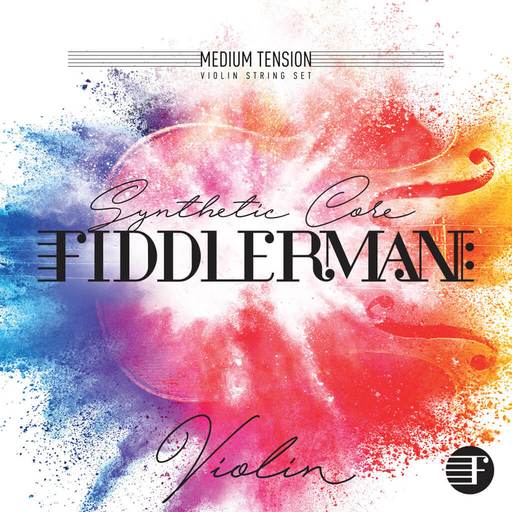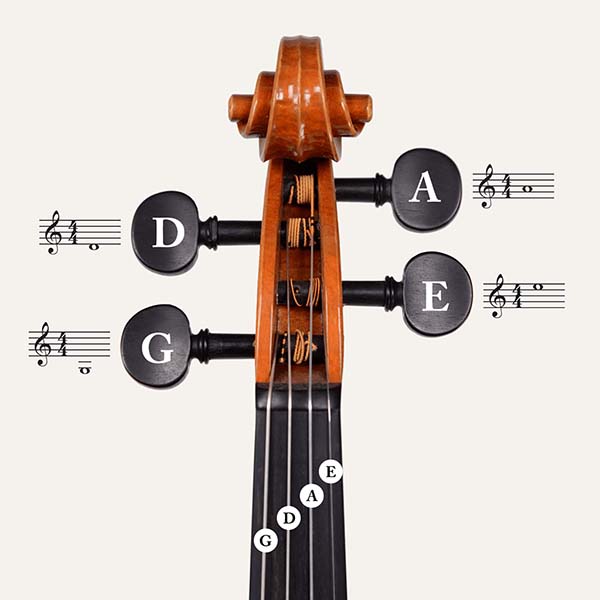If you're questioning your abilities as a musician, you're not alone. As artists, we often wonder if our hard work will bear fruit.
But, when self-doubt begins to creep into our minds, it takes us to a dark place which sucks the spirit out of creativity and inspiration. We lose our imagination, and more importantly, we lose trust in ourselves and the learning process. In other words, all-consuming self-doubt is a deathly poison to your progress.
Will I ever be good enough? Will all this practicing pay off? Is it even worth it?

The worst enemy to creativity is self-doubt. - Sylvia Plath
Here are several ways to overcome these insecurities.

1. Calm Down
Often, an internal struggle occurs to fight off harmful emotions. Blood pressure rises; mood swings set in. Some people experience fatigue from the stress, doubt, and fears.
Therefore, you have to calm down! Step away from the creation process.
Take a short break. Meditate. Exercise. Breathe.
All of the latter will reduce some of the physical symptoms of self-doubt, and allow you to think more logically about the next step.

2. Focus on the Process and the Positive
After you've taken a moment to calm down, you must begin to work strategically to accomplish your goals.
Do not let external distractions pierce away from the task at hand.
Recite words of self-praise. Acknowledge what you're doing well. Write those positive aspects down on sticky notes or place cards and place them on your music stand or in the inner linings of your instrument case.
Focus on the positive while systematically working on your flaws through the process of problem-solving and practice.

3. Self-care
People on a mission to succeed at something often forget to take care of themselves. They neglect their inner health. They don't take on hobbies. They don't give themselves the appropriate amount of rest days.
Remember, happiness is usually a balanced combination of work and play.
While we love our work as budding and professional musicians, it is not a simple path. Mastering an instrument requires so much energy and perseverance.
Therefore, we have to fulfill our other needs outside of just our creative process to give our minds a rest.
 Tchaikovsky Violin Concerto, Op. 35, well, you're giving that insecurity fuel.
Tchaikovsky Violin Concerto, Op. 35, well, you're giving that insecurity fuel.
If next year rolls around and you're not even an inkling closer to playing the Tchaikovsky, your disappointment will overshadow your actual accomplishments for the last year.
The healthiest approach is patience and trust in the learning process.
Follow a sensible course of study. Of course, challenge yourself, but give yourself realistic checkpoints and deadlines.
Also, assess whether you have all the proper tools and skills at your disposal to conquer the goal.
6. Stop Comparing Yourself
Trying to compare your skill level with another person's success and ability is futile. It's a trap! Don't fall for it.
While it's OK to take inspiration from others who are more knowledgeable than us, don't turn it into a competition about who's better or not.
Instead, focus on comparing yourself to the musician you were yesterday. Keep growing under your own light, not under someone else's shadow.
Furthermore, artistry is not about being a copy of another person. It's about bringing our unique ideas and voice to the creative world of music.







